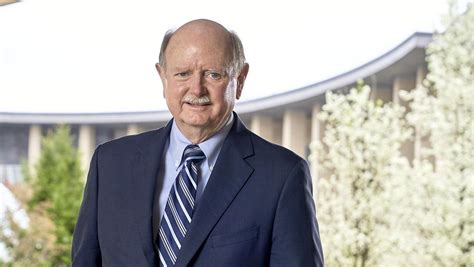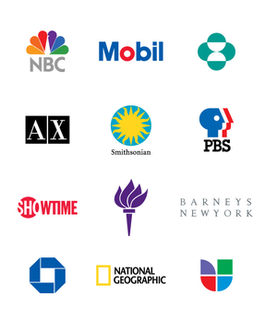A Quote by Olin Miller
What a pity human beings can't exchange problems. Everyone knows exactly how to solve the other fellow's.
Related Quotes
Teaching and writing, really, they support and nourish each other, and they foster good thinking. Because when you show up in the classroom, you may have on the mantle of authority, but in fact, you're just a writer helping other writers think through their problems. Your experience with the problems you've tried to solve comes into play in how you try to teach them to solve their problems.
Everyone wants to be happy; happiness is a right. And while on a secondary level differences exist of nationality, faith, family background, social status and so on, more important is that on a human level we are the same. None of us wants to face problems, and yet we create them by stressing our differences. If we see each other just as fellow human beings, there'll be no basis for fighting or conflict between us.
A person is a person through other persons. None of us comes into the world fully formed. We would not know how to think, or walk, or speak, or behave as human beings unless we learned it from other human beings. We need other human beings in order to be human. I am because other people are. A person is entitled to a stable community life, and the first of these communities is the family.
It's easy to sell good news like this, and the authors confidently rely on classic fallacious arguments. They argue by declaration, which is what makes the books so amusing. In matter-of-fact, authoritative tones, the authors tell us how plants and human beings exchange energy - or they describe what angels look like, whether or how they're sexed, how they communicate with human beings, and how they differ from ghosts. Readers might be expected to wonder, How do they know?
Human beings of all societies in all periods of history believe that their ideas on the nature of the real world are the most secure, and that their ideas on religion, ethics and justice are the most enlightened. Like us, they think that final knowledge is at last within reach. Like us, they pity the people in earlier ages for not knowing the true facts. Unfailingly, human beings pity their ancestors for being so ignorant and forget that their descendants will pity them for the same reason.
We are more than our problems. Even if our problem is our own behavior, the problem is not who we are-it's what we did. It's okay to have problems. It's okay to talk about problems-at appropriate times, and with safe people. It's okay to solve problems. And we're okay, even when we have, or someone we love has a problem. We don't have to forfeit our personal power or our self-esteem. We have solved exactly the problems we've needed to solve to become who we are.



































